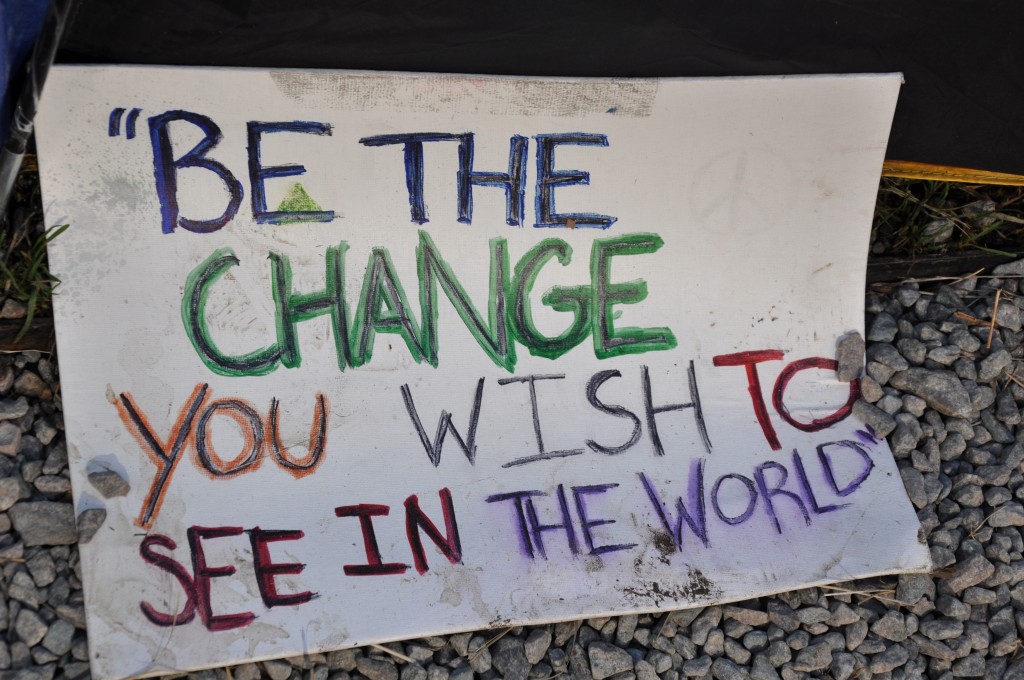Neoliberalism understood [and what to do about it]
Now is the time to speak the clear truth, which is that for America to be the nation that we want, we have to make things for those at the top worse. They can afford it. Perhaps that’s the greatest sin of all of it: the notion that what’s good for the wealthiest is good for the poorest. If we derive any wisdom from this terrible crisis, let’s start by acknowledging the obvious: that different classes are in fact natural antagonists, that sometimes we need to support one against the other, and that when those on top have too much power and too much money, it has to be clawed back, by the people, in a way that some won’t like. No more lies about rising tides, but instead the reality of class conflict.
http://tinyurl.com/cr6vrey
From Occupy to Quebec – Deepening the Struggle through Strategic Demands
If the Occupy movement did one thing in North America, it put class on the agenda.
By making it easier to forge links between differing struggles, the language of the 99 percent has acted as a social lubricant between struggles previously atomized by elite narratives. This shared language of inequality is perhaps the greatest gift the Occupy movement has given to those fighting for a more socially just world.
Thus, the Occupy movement should be seen as ultimately posing the question: If our society is increasingly unequal, what are we going to do about it?
Julian Assange show: Occupy, the movement to fight a global ‘enemy’
“There’s a feeling out there that the enemy is becoming increasingly globalized, and the only way it can be challenged is by global movements,” [David] Graeber said.
Although it is economic and social inequality that are named as the main causes behind Occupy, Alexa O’Brien from Occupy in New York and US Day of Rage says it is not just about the global financial crisis but also about a global political crisis – because “institutions are no longer functional.”
[Arron] Peters [of Occupy London] agreed, saying that political failure is a global phenomenon.
“We now recognize that public policy outcomes aren’t happening at the national level, and that policy makers aren’t actually the ones who are in national parliaments. They are elsewhere, and the ones that are dictating policy aren’t any way accountable, or, you know, they are not democratic representatives,” he said.
Continue reading “The OB Media Rundown for 5/29/12” »




